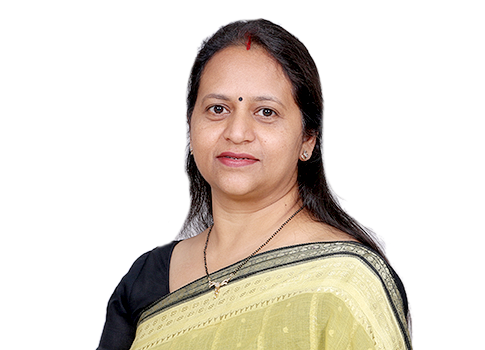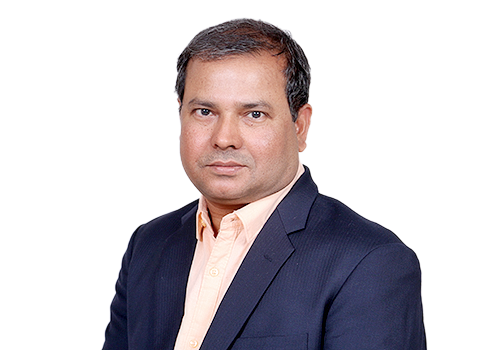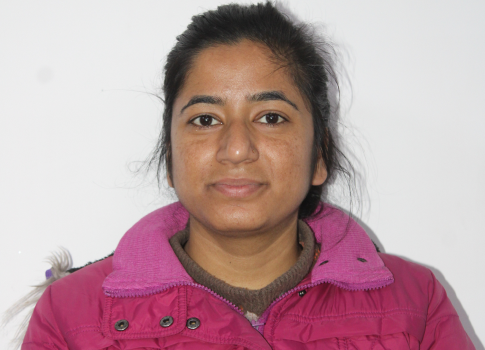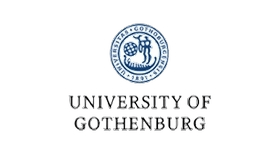Research Culture
Established in 2003, UPES is a leading multidisciplinary university committed to academic excellence, impactful research, and holistic student development. Built on innovation, global collaboration, and social responsibility, the culture at UPES positions it as a ‘University of Tomorrow’ that empowers its community to shape the future.
At UPES, academic rigor is at the heart of everything. With over 16,000 students across seven schools—Engineering, Computer Science, Health Sciences, Design, Business, Law, and Liberal Studies—UPES offers a rich, interdisciplinary learning environment. This approach ensures that students gain specialised knowledge and are equipped with the critical thinking and problem-solving skills needed to excel in a rapidly evolving world. Recognised for its global outlook, its strategic partnerships with institutions like UC Berkeley, UNSW Sydney, the University of Queensland and the University of Edinburgh provide students with global exposure and expertise.
UPES is among India’s fastest-growing research institutions, with a 374% increase in publications since 2018. Faculty members publish an average of four papers per year, with citations comparable to institutions like MIT, NUS and Oxford. Nearly 52% of publications involve international collaborations. Research is supported through SEED funding, the Anusandhan capacity-building program, and partnerships with leading research organisations like CERN in Switzerland and KEK in Japan. A dedicated IPR cell facilitates patents and technology transfer through patents and copyrights.
UPES is ranked 46th among Indian universities according to the National Institutional Ranking Framework 2024 (NIRF), with its Engineering and Management programs placing 54th and 39th, respectively. As per the QS World Rankings 2025, UPES ranked in the 801-850 band globally, making it India's top private university for academic reputation. It also ranks 148th in QS Asia 2025, showing the 2nd highest improvement in Asia, ranking 21ˢᵗ in Southern Asia and 12ᵗʰ in India. In the Times Higher Education (THE) World University Rankings 2025, UPES placed in the 501-600 band globally and 7th in India. The Shanghai Rankings 2023 positioned UPES among the top 150 for Telecommunication Engineering and top 500 for Computer Science and Engineering, placing it alongside premier institutions like IISc Bengaluru and IITs.
The university's approach to research is holistic, with an emphasis on both individual and collaborative innovation. UPES encourages faculty-led research through funded projects and the SEED Incubation Programme, supporting market-driven innovations. The SHODH Program promotes student entrepreneurship, while Learning with Leaders connects students with industry experts. UPES’s faculty, including several researchers trained at globally renowned institutions like Harvard, Oxford, and the National University of Singapore. The faculty includes 46 researchers among the world’s top 2%, trained at institutions like Harvard, Oxford, and NUS.
UPES's remarkable achievements in research are further propelled by its growing publication numbers. As of November 2024, UPES had 9,837 SCOPUS and 6,219 Web of Science publications, with citations nearing 100,000. In 2024 alone, it recorded 1,670 SCOPUS and 892 Web of Science publications. The H-index (99 in SCOPUS, 63 in Web of Science) reflects the growing impact of its research. UPES has also filed 759 patents, with 510 granted, demonstrating a strong commitment to applied research.
UPES promotes a culture of inclusivity, lifelong learning, and social impact, bringing together a diverse academic community to collaborate on innovative solutions. Through initiatives like Anusandhan, faculty and students stay at the forefront of global advancements. Additionally, the Runway Business Incubator supports student and alumni startups, driving entrepreneurship and societal progress. With all this, UPES is not just an educational institution; it is a dynamic ecosystem that thrives on research, innovation, academic excellence, and global collaboration. Its distinctive culture of continuous learning, coupled with an unwavering commitment to societal impact, makes UPES a leading force in shaping the next generation of global changemakers.
9+
Citations per paper
46
Researchers in Stanford’s top 2% list.
124
Patents granted for technological innovation
48
Externally funded projects driving impact
103
H-Index that highlights research quality
14250+
Research Publications and counting
86950+
Citations recognising excellence in research
24.4
Impact factor setting benchmarks for excellence

























































